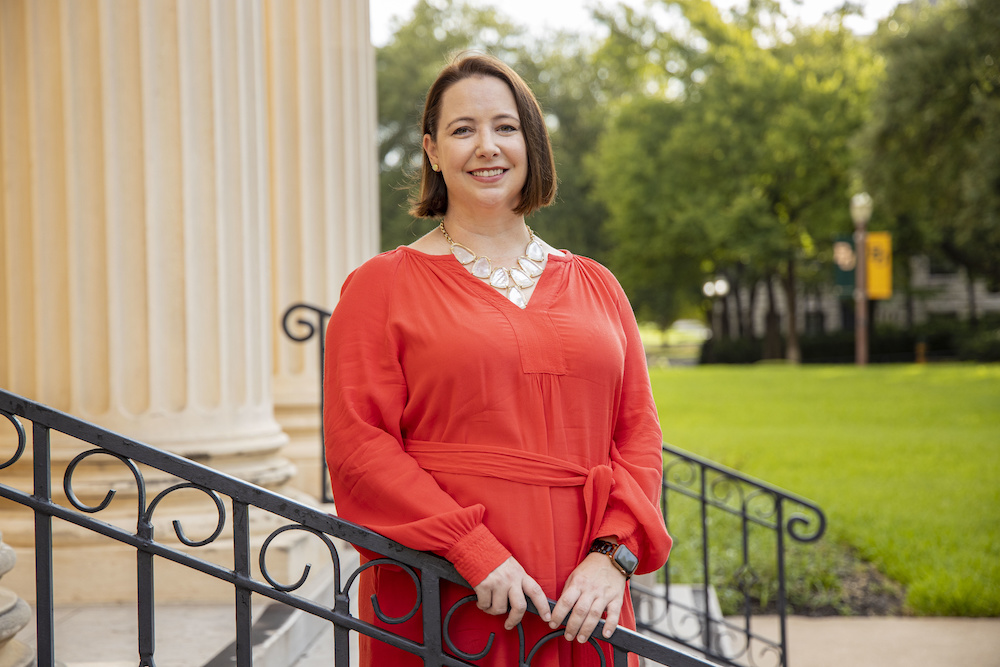Providing Texas Teachers With Tools for Autism

Autism spectrum disorder (ASD) resides at a crossroads of intense attention and sparse understanding. The Centers for Disease Control and Prevention (CDC) estimates that one in 44 U.S. children meets ASD criteria, a prevalence that has steadily grown in recent years. Millions of families grapple with the commensurate challenges of a disorder with roots that have evaded researchers and that currently has no medicinal treatment.
Baylor faculty throughout the campus are engaged in research to help families with autism, and faculty in Baylor’s School of Education have received grant awards from the Texas Higher Education Coordinating Board (THECB) to fund research and training in behavioral intervention practices that improve outcomes for children with autism. As the state’s highest authority in matters of higher education, the THECB coordinates and promotes research that meets the needs of a growing state—needs Baylor faculty like Tonya Davis work to meet.
Tonya Davis, Ph.D., professor of educational psychology and director of the special education program in the Baylor School of Education, has earned a $474,873 THECB research awards to provide intervention training to teachers who serve students with autism in kindergarten through 12th grade.
The research projects led by Davis and other Baylor faculty members focus on equipping parents and teachers with evidence-based intervention training to further help children with autism. Davis is an expert in applied behavior analysis, a learning practice based on the science of behavior that guides practitioners to improve outcomes for children with developmental disabilities like autism.
Evidence-based interventions have a proven impact on social, emotional, behavioral and educational trajectories. They also require training and time for teachers to learn and implement effectively—a gap Davis’ research will bridge.
Davis’ research through the grant has, so far, served over 500 Texas special education teachers through synchronous and asynchronous online training of evidence-based interventions in cohorts of 20 to 25. Additionally, they meet with Baylor faculty weekly to discuss successes and barriers to implementation of the strategies in the classroom. The impact of that work has a ripple effect throughout the state—those teachers serve over 4,000 students.
“Teachers have to learn how to do so many things,” Davis said. “Just to be certified, a special education teacher in Texas has to learn to work with every age group from 3 to 21, and learn how to work with every disability served by special education. In the classroom, teachers’ plates are incredibly full. We’re excited to invest, through this project, in a group of people who care so much about their students.”
Through the grant, the THECB also covers the cost of substitute teachers for participating special education teachers. Additionally, they meet with Baylor faculty weekly to discuss successes and barriers to implementation of the strategies in the classroom.
“It’s a service for the teachers, but we’re also gathering data constantly to see what’s working and how we can improve implementation of the training,” Davis said. “The better we can serve the teacher, the better the outcomes for their students.”
This work was supported in whole or in part by a grant from the Texas Higher Education Coordinating Board (THECB). The opinions and conclusions expressed in this document are those of the author(s) and do not necessarily represent the opinions or policy of the THECB.